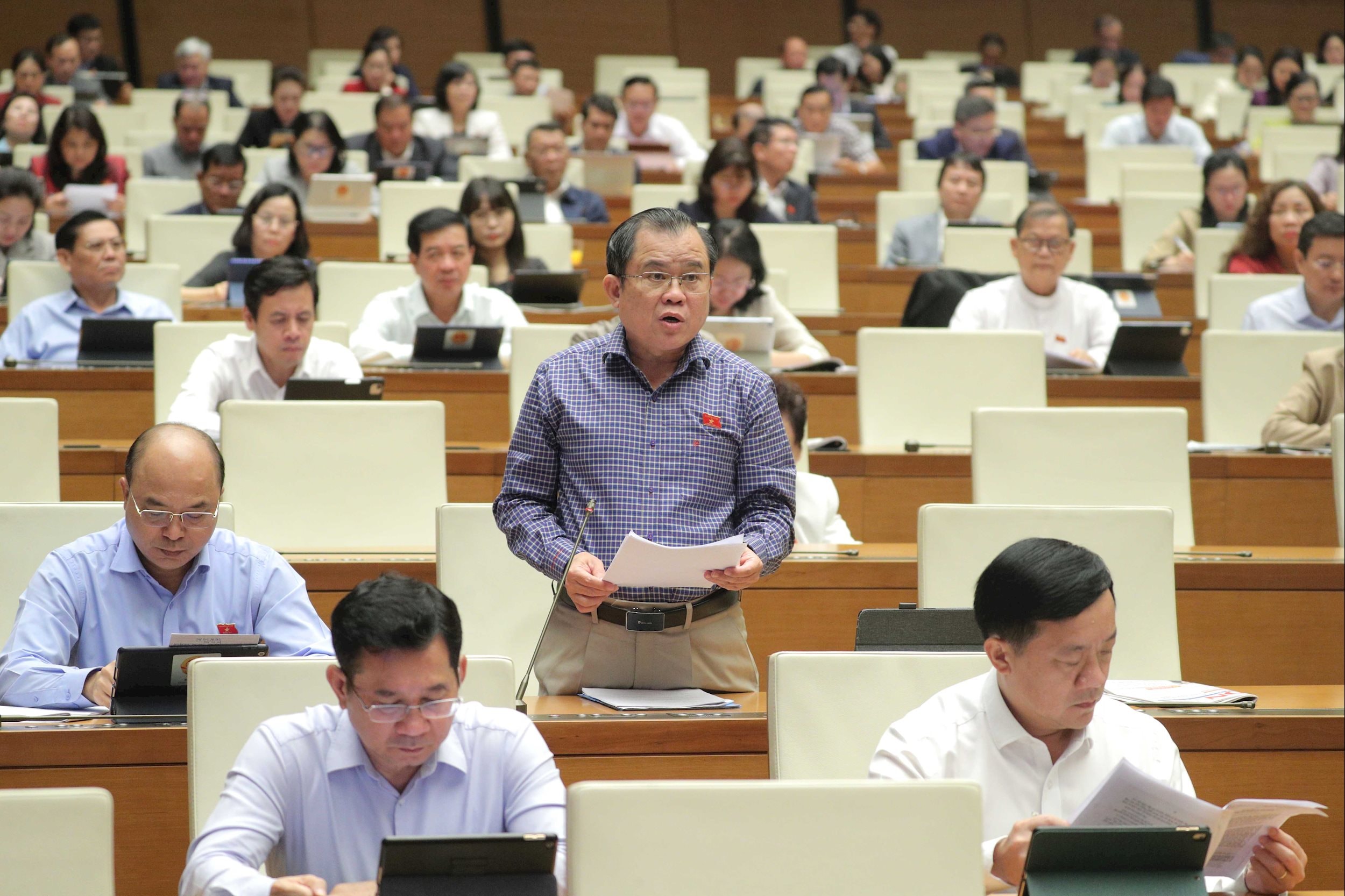
Discussing the draft Law on Civil Judgment Enforcement (amended), delegate Nguyen Tam Hung said that after the arrangement of administrative units, the current model of Civil Judgment Enforcement (JUD) agencies includes the Central JUDG Management Department, the provincial JUDG Agency and the regional JUDG Office under the province. However, the regional JUDG Office does not have legal status, seal, account and decision-making authority, so it is not compatible with the organization of the People's Court and the People's Procuracy at the regional level, leading to many shortcomings that need to be recognized "correctly and in their true nature".
According to the delegate, the decision-making power being concentrated on the provincial level will slow down the process, increasing the risk of omission; files must be sent for signature and then returned to the region, causing delays and reducing initiative, especially in places with a large number of cases and far and wide areas.
Placing the request for law amendments on the basis of the Party's policy, the delegate emphasized the concretization of Conclusion No. 162-KL/TW dated June 6, 2025 on streamlining, effectiveness and efficiency of the civil judgment enforcement system, in accordance with the model of the Court and the Procuracy at the regional level. "Streamlining the apparatus must go hand in hand with the transparency of public power and on-site responsibility," the delegate emphasized.

Delegate Nguyen Tam Hung proposed a three-tier model including "Central - Province/City - Region"; in which the Regional THADS Agency is a state agency with legal status, seal, account, headquarters, and is allowed to issue decisions on enforcement within the locality. According to the delegate, this organization does not increase staff, does not create new focal points, but shortens the process, increases on-site initiative, reduces the burden on the provincial level and brings the law closer to the people.
The delegate recommended considering amending and perfecting the model of the THADS agency in the draft Law to synchronize with the trial - prosecution. Accordingly, when "regional trial - regional prosecution - regional execution" are connected into a closed cycle, coordination will remove bottlenecks, shorten time, reduce social costs, limit backlog of cases and enhance the reputation of the judiciary. "That is also a way to promptly realize Conclusion 162 into legal life, ensuring the legitimate rights and interests of organizations and individuals," the delegate emphasized.
Delegates also recommended reviewing the draft Law to standardize terminology, authority, and procedures according to the two-level local government structure, in sync with the Court - Procuracy at the regional level.
Source: https://daibieunhandan.vn/khep-kin-chu-trinh-xet-xu-kiem-sat-thi-hanh-10395202.html




![[Photo] Prime Minister Pham Minh Chinh receives Lao Minister of Labor and Welfare Phosay Sayasone](https://vphoto.vietnam.vn/thumb/1200x675/vietnam/resource/IMAGE/2025/11/11/1762872028311_dsc-2246-jpg.webp)
![[Photo] Chu Noodles - the essence of rice and sunshine](https://vphoto.vietnam.vn/thumb/1200x675/vietnam/resource/IMAGE/2025/11/11/1762846220477_ndo_tl_7-jpg.webp)



























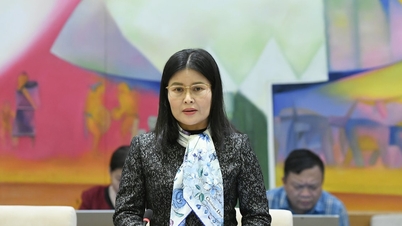
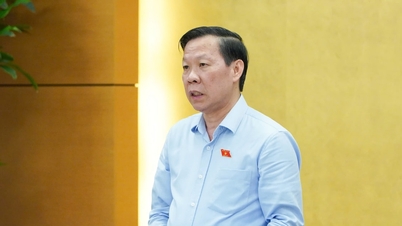


















































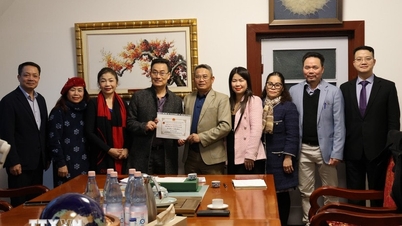














![Dong Nai OCOP transition: [Article 3] Linking tourism with OCOP product consumption](https://vphoto.vietnam.vn/thumb/402x226/vietnam/resource/IMAGE/2025/11/10/1762739199309_1324-2740-7_n-162543_981.jpeg)







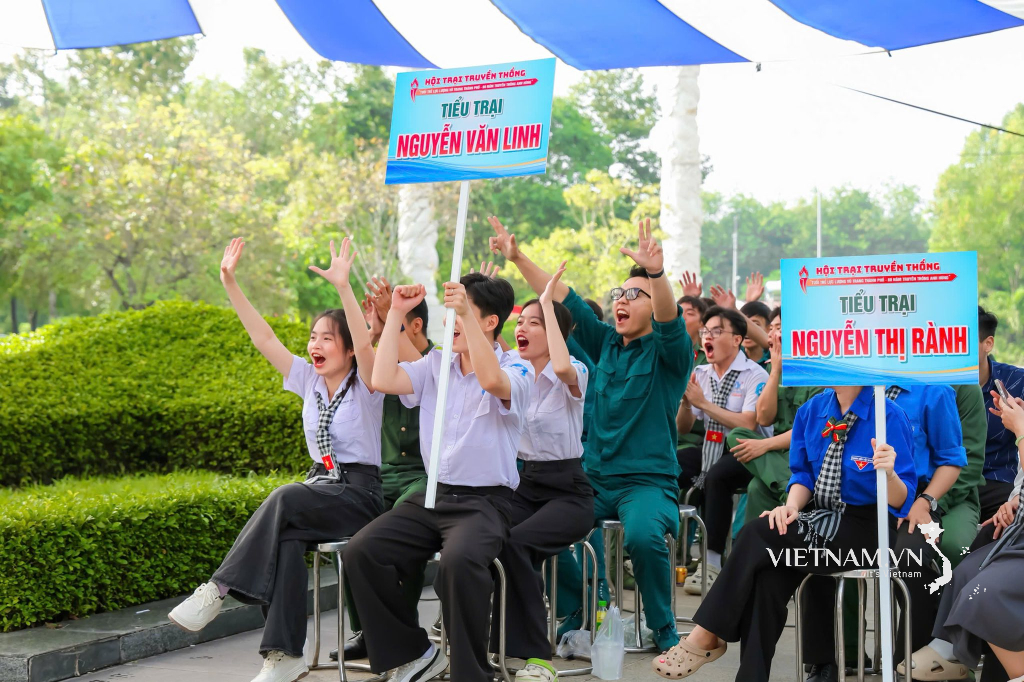
Comment (0)